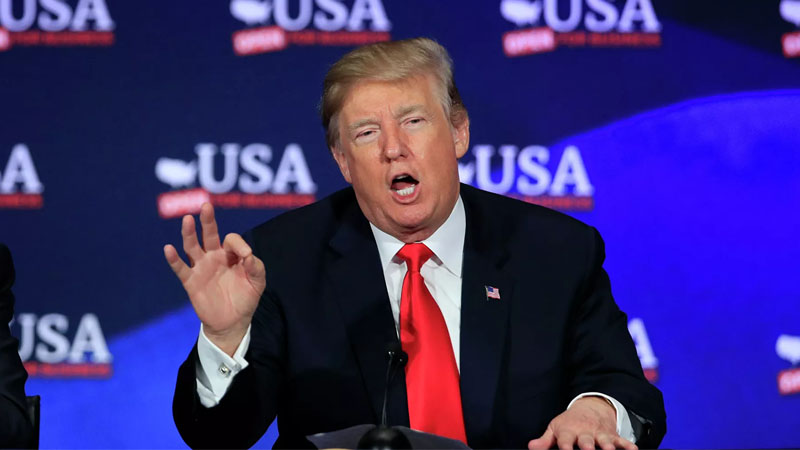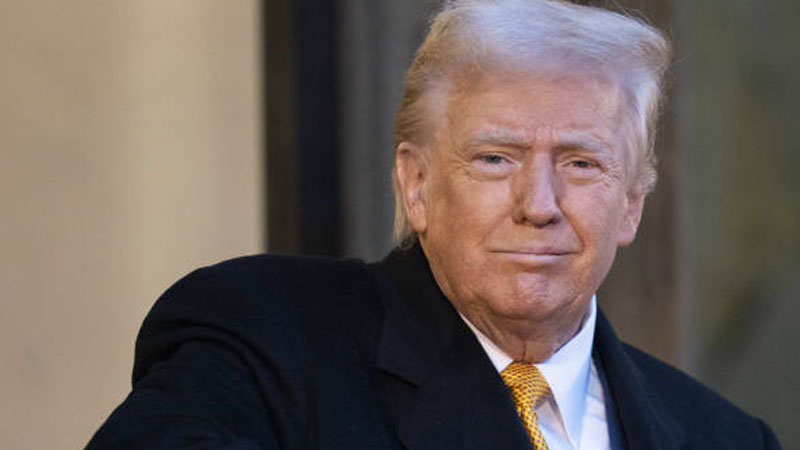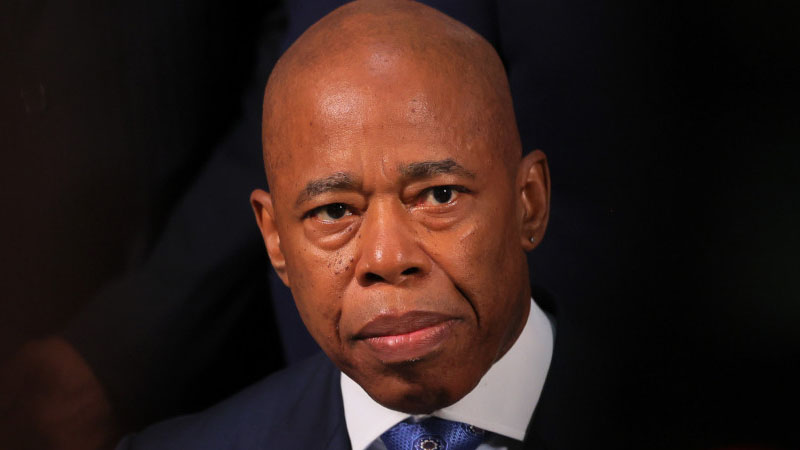Trump Campaign Faces Financial Hurdles and Rethinks Rally Strategy

© AP Photo / Manuel Balce Ceneta
Former President Donald Trump’s campaign is currently navigating through a sea of financial challenges, compelling a strategic reassessment of where and how to conduct rallies. A recent CNN report sheds light on a pivotal decision faced by the Trump campaign: the choice to cancel a planned rally in Arizona, opting instead for an event in Ohio that aligned with the campaign’s endorsement of Senate candidate Bernie Moreno.
The initial plan was to have Trump appear in Arizona, a state that narrowly swung in favor of Biden by a margin of just 10,457 votes in the 2020 election. This visit was intended to coincide with President Joe Biden’s announcement in Arizona regarding an $8.5 billion investment in a new Intel chip processing plant near Phoenix. Biden’s focus on Arizona, with multiple visits in the latter half of the previous year, underscores the state’s political significance.
However, strategic considerations and a pressing need to economize led to a last-minute change in plans. Instead of Arizona, Trump’s campaign chose Ohio for its rally, viewing it as a more politically beneficial move in support of Moreno’s candidacy. Moreno subsequently secured the GOP nomination in Ohio with relative ease, overcoming competitors such as state Senator Matt Dolan and Ohio Secretary of State Frank LaRose. His victory sets the stage for a face-off with Senator Sherrod Brown, a prominent Democratic figure holding a major statewide office in Ohio.
This financial prudence comes at a time when the Trump campaign finds itself at a fundraising disadvantage compared to the Biden campaign. The financial strain is compounded by regulatory challenges, including advisories from the Federal Election Commission regarding the cessation of illegal contributions, as highlighted in an exclusive report by Raw Story.
Trump’s financial predicament is not confined to campaign funding alone but extends into his personal finances, marked by significant legal judgments totaling $83.3 million and $464 million. The latter judgment, in particular, presents a formidable challenge as Trump struggles to secure the necessary bond. Failure to do so could have dire consequences, potentially leading to the seizure of assets and properties owned by the Trump Organization by the state of New York.
This series of financial and legal hurdles illustrates the complex landscape Trump must navigate as he continues to engage in political activities and endeavors to maintain his influence within the Republican Party and the broader political arena. The decisions made by his campaign in response to these challenges reflect a strategic calculus aimed at maximizing political impact while managing financial constraints.




